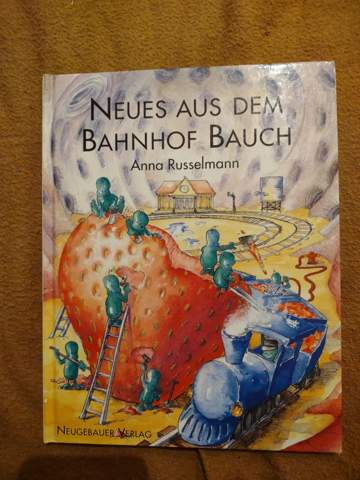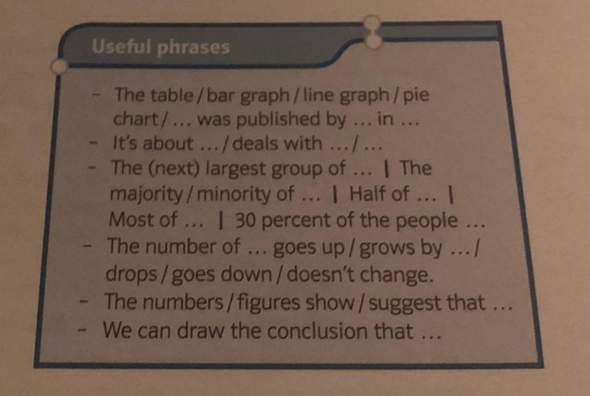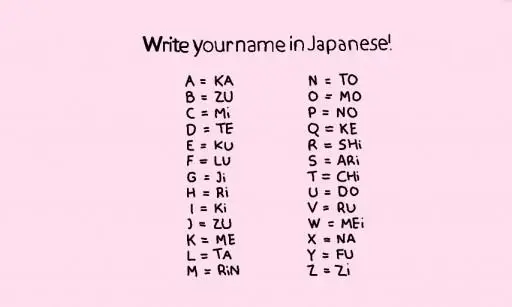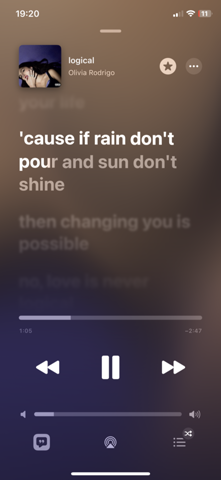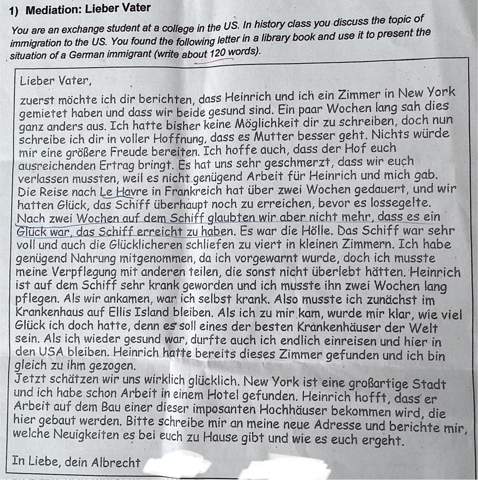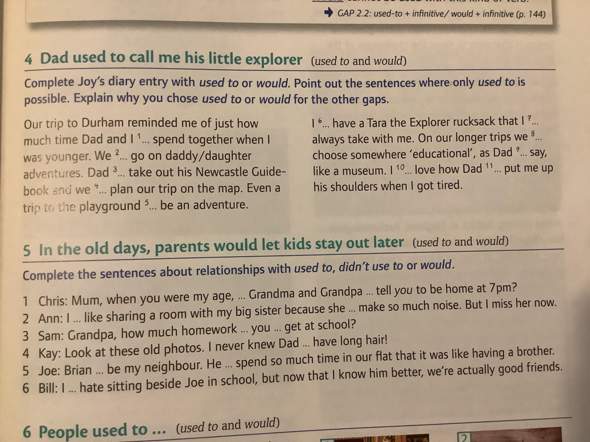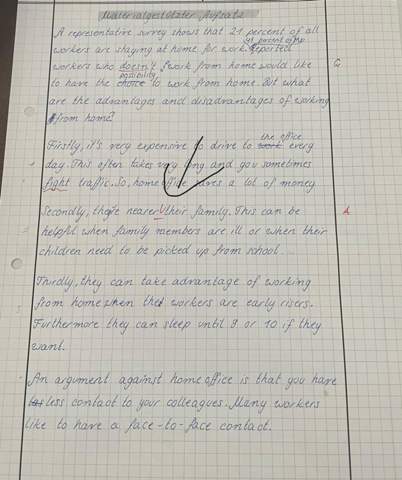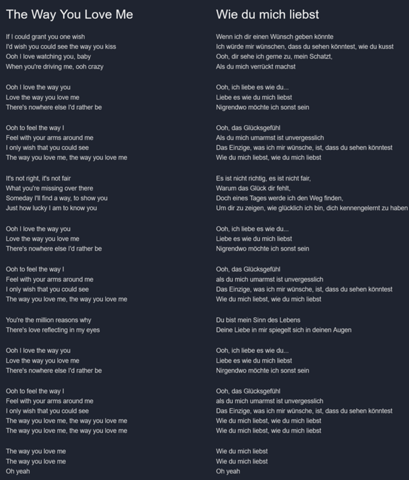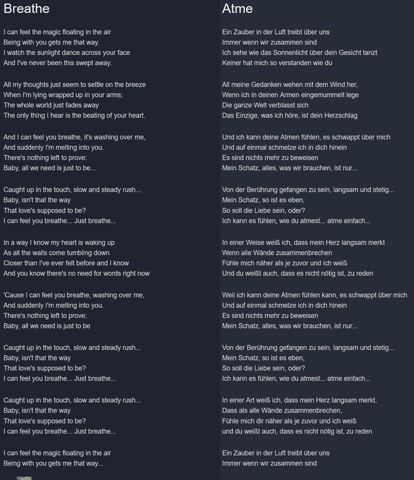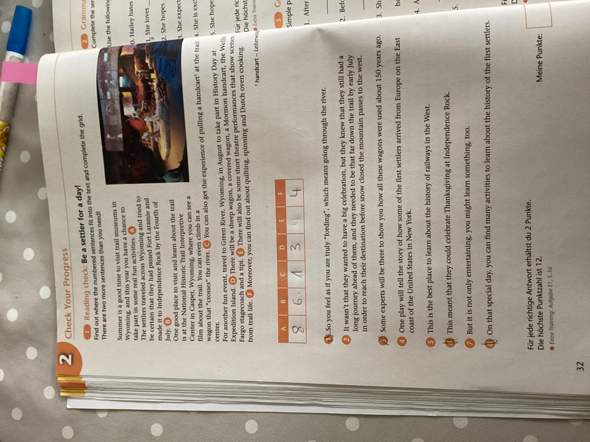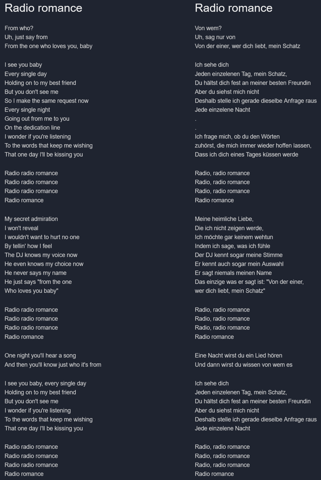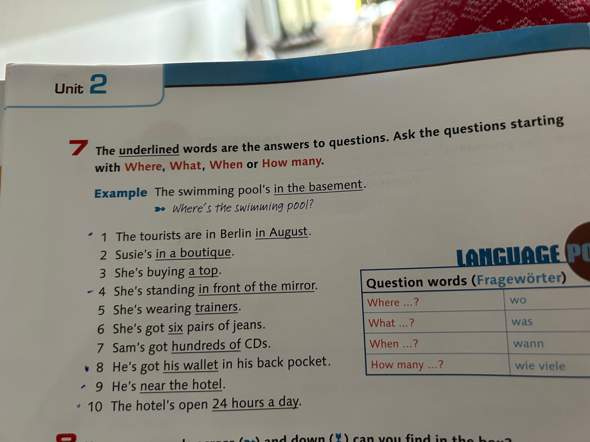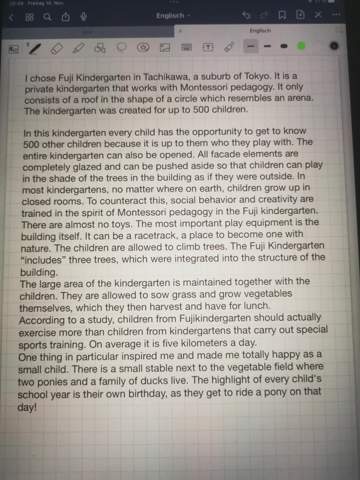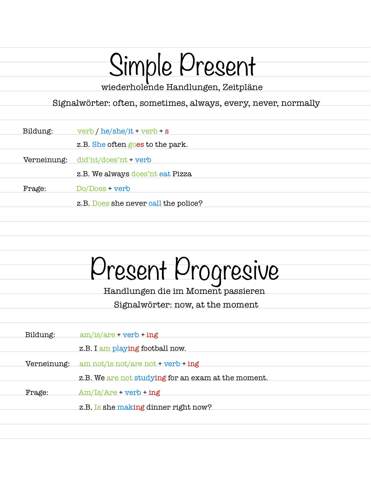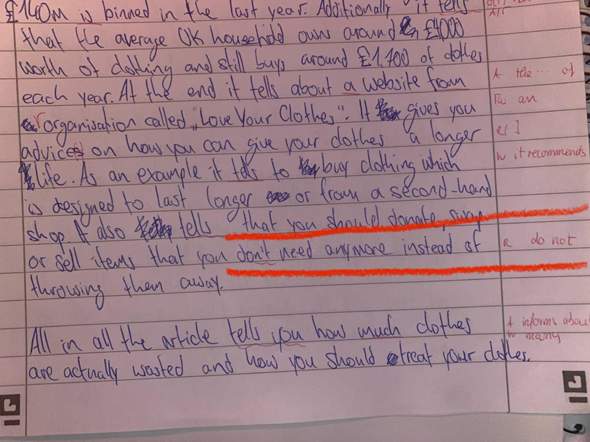Hallo ! Ich habe ein Lied aus dem Englischen ins Deutsche übersetzt und würde gerne wissen, ob es jemand korrekturlesen könnte, weil es mir hilft, mein Deutsch zu verbessern.
Aber zuerst werde ich ein bisschen über dem Lied schreiben.
Eine Frau singt über einen glückseligen Moment zwischen ihr und ihrem Freund (oder vielleicht ihrem Ehemann? Darüber ist allerdings der Text nicht klar) als sie in seinen Armen lege und wie es sie so freut, doch sie weißt, dass es vielleicht nicht immer so weitergehen kann, aber sie wird es genießen, solange es dauert.
Wo Fragezeichen sind, weiß ich nicht, ob ich es richtig übersetzt habe
Also mit dem Text !
--Erste Stanze--
I can feel the magic floating in the air
Ein Zauber in der Luft treibt über uns (?!)
Being with you gets me that way.
Immer wenn wir zusammen sind (?!)
I watch the sunlight dance across your face
Ich sehe wie das Sonnenlicht über dein Gesicht tanzt
And I've never been this swept away
Keiner hat mich so verstanden wie du (?!)
--Zweite Stanze--
All my thoughts just seem to settle on the breeze
All meine Gedanken wehen mit dem Wind her,
When I'm lying wrapped up in your arms;
Wenn ich in deinen Armen eingemummelt lege (?)
The whole world just fades away
Die ganze Welt verblasst sich (?)
The only thing I hear is the beating of your heart.
Das Einzige, was ich höre, ist dein Herzschlag
--Dritte Stanze--
And I can feel you breathe, it's washing over me,
Und ich kann deine Atmen fühlen, es schwappt über mich
And suddenly I'm melting into you.
Und auf einmal schmelze ich in dich hinein (?)
There's nothing left to prove:
Es sind nichts mehr zu beweisen (?)
Baby, all we need is just to be…
Mein Schatz, alles, was wir brauchen, ist nur...
--Vierte Stanze--
Caught up in the touch, slow and steady rush…
Von der Berührung gefangen zu sein, langsam und stetig... (?)
Baby, isn't that the way
Mein Schatz, so ist es eben (?!)
That love's supposed to be?
So soll die Liebe sein, oder? (?!)
I can feel you breathe... Just breathe…
Ich kann es fühlen, wie du atmest... atme einfach...
--Fünfte Stanze--
In a way I know my heart is waking up
In einer Weise weiß ich, dass mein Herz langsam merkt
As all the walls come tumbling down
Wenn alle Wände zusammenbrechen
Closer than I've ever felt before and I know
Fühle ich mich dir näher als je zuvor und ich weiß (?)
And you know there's no need for words right now
Und du weißt auch, dass es nicht nötig ist, zu reden (?!)

